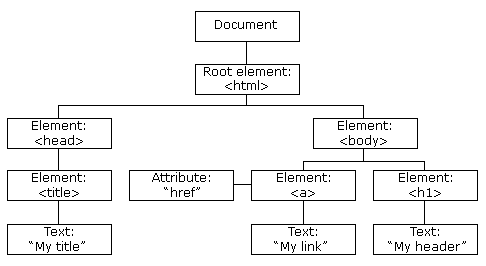Key roles of JavaScript in Modern web development.
 Nishant Sinha
Nishant Sinha2 min read

Interactive User Interfaces:
- JavaScript enhances user interfaces by adding interactivity and responsiveness, making websites more engaging and user-friendly.
DOM Manipulation:

- It allows developers to dynamically manipulate the Document Object Model (DOM), enabling real-time updates and changes to webpage content.
Event Handling:
- JavaScript enables the handling of various events like clicks, keypresses, and mouse movements, facilitating responsive and interactive web applications.
Asynchronous Programming:
- With features like Promises and asynchronous functions, JavaScript enables non-blocking code execution, enhancing the efficiency of web applications by managing multiple tasks concurrently.
AJAX (Asynchronous JavaScript and XML):
- JavaScript is crucial for implementing AJAX, allowing asynchronous data retrieval from a server without the need to reload the entire webpage.
Front-End Frameworks:

- It serves as the foundation for popular front-end frameworks/libraries like React, Angular, and Vue.js, streamlining the development of complex user interfaces.
Server-Side Development (Node.js):
- JavaScript extends its reach to server-side development through Node.js, enabling developers to use the same language on both client and server sides for fullstack development.
Browser Compatibility:
- JavaScript ensures cross-browser compatibility, enabling consistent functionality and behavior across different web browsers.
Form Validation:
- It is used for client-side form validation, enhancing user experience by providing instant feedback on input errors without the need for server requests.
Cookies and Local Storage:
- JavaScript helps manage client-side data storage, allowing the use of cookies and local storage for storing information on the user's device.
Animation and Effects:
- It enables the creation of dynamic animations and effects, enhancing the visual appeal and user experience of web pages.
Progressive Web Apps (PWAs):
- JavaScript is crucial in building PWAs, enabling offline functionality, push notifications, and other features that enhance the web app experience.
Dynamic Content Loading:
- JavaScript is used to fetch and load dynamic content on a webpage, providing a seamless and efficient user experience.
Web APIs Integration:
- It facilitates the integration of various Web APIs, allowing developers to leverage functionalities like geolocation, camera access, and more.
Security:

- JavaScript helps in implementing security measures such as input validation and protection against cross-site scripting (XSS) attacks.
Understanding these key roles of JavaScript is essential for any web developer aiming to create modern, interactive, and efficient web applications.
0
Subscribe to my newsletter
Read articles from Nishant Sinha directly inside your inbox. Subscribe to the newsletter, and don't miss out.
interactive UIJavaScriptDOM manipulationevent handlingasynchronous JavaScriptAjaxFrontend frameworksServer side renderingPWASecurity
Written by
